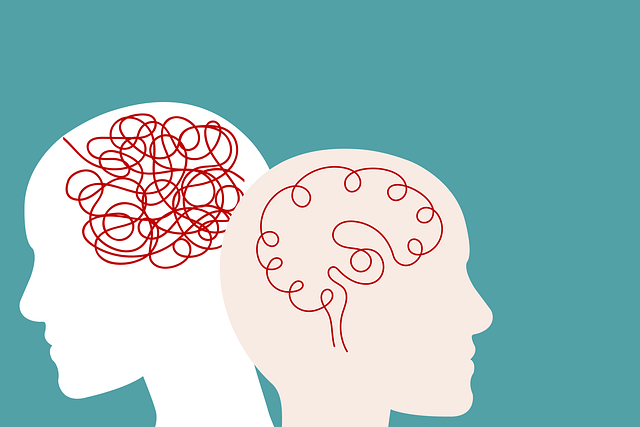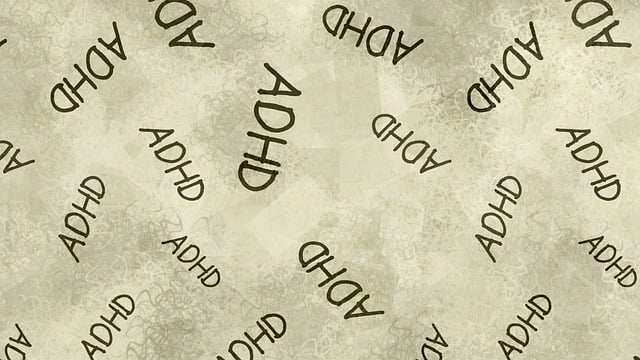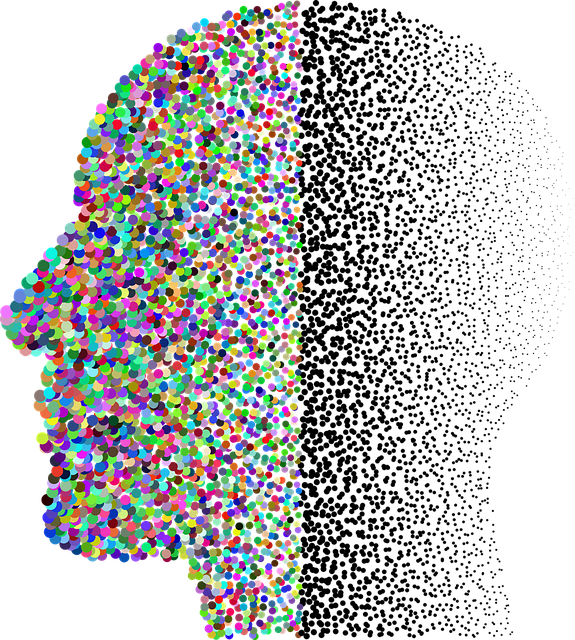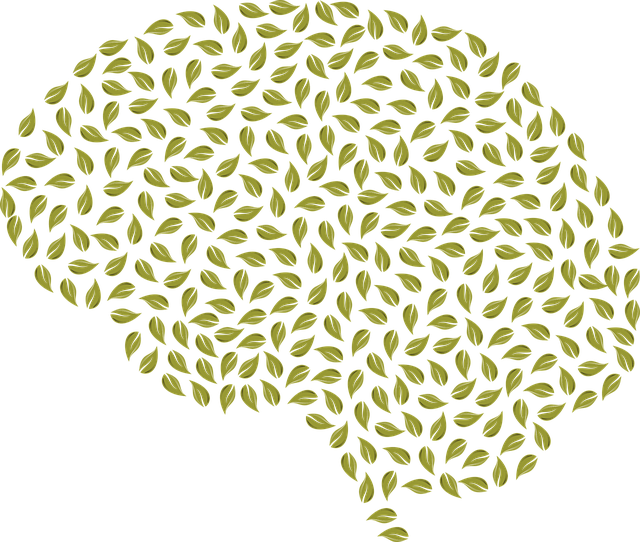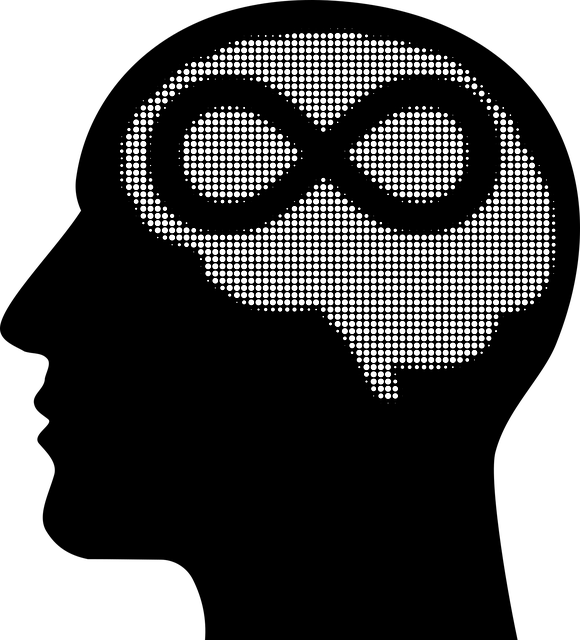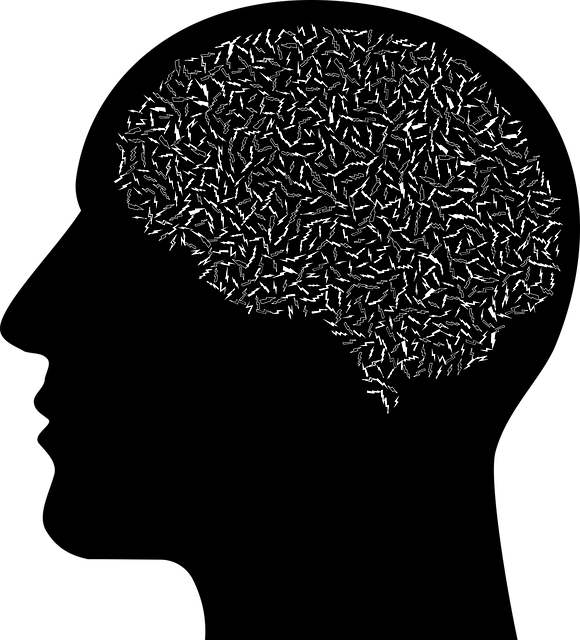The healthcare industry is refining mental illness diagnoses, particularly for Boulder Adjustment Disorder (BAD), through advanced assessment methods combining modern research and evidence-based practices. Integrating therapeutic approaches like cognitive-behavioral therapy (CBT) and mindfulness enhances diagnosis accuracy and treatment precision, addressing stress management and emotional challenges. Promoting awareness and education, including self-awareness exercises and training for mental health professionals, encourages early help-seeking and improves diagnostic skills. Risk management planning further ensures effective care for complex cases like BAD Therapy while prioritizing patient safety and well-being.
Mental illness diagnosis accuracy is a critical aspect of patient care and treatment outcomes. This article explores efforts to enhance diagnostic practices, focusing on improving recognition of conditions like Boulder Adjustment Disorder. We delve into advancements in assessment tools and techniques, discuss integrating therapeutic approaches for precise diagnoses and tailored treatments, and highlight the significance of promoting awareness and education to reduce stigma and foster understanding. By examining these strategies, we aim to contribute to more effective mental health care.
- Enhancing Diagnostic Tools and Techniques: From Assessment to Boulder Adjustment Disorder Recognition
- Integrating Therapeutic Approaches: Strategies for Precision in Diagnosis and Treatment
- Promoting Awareness and Education: Breaking Stigma, Building Understanding for Accurate Mental Health Diagnoses
Enhancing Diagnostic Tools and Techniques: From Assessment to Boulder Adjustment Disorder Recognition

The accuracy of mental illness diagnoses has been a point of focus in the healthcare industry. One notable area of improvement is in enhancing diagnostic tools and techniques, particularly for conditions like Boulder Adjustment Disorder (BAD). Advanced assessment methods that integrate modern research findings are being developed to improve recognition. This includes utilizing structured clinical interviews, standardized measures, and evidence-based assessments tailored to specific disorders.
By incorporating strategies such as mindfulness meditation and trauma support services, healthcare professionals can refine their diagnostic process. Self-care routine development for better mental health is another crucial aspect that contributes to accurate BAD diagnosis. These approaches not only aid in symptom management but also enhance the overall diagnostic experience, ensuring more precise and timely interventions.
Integrating Therapeutic Approaches: Strategies for Precision in Diagnosis and Treatment

Integrating therapeutic approaches is a key strategy for enhancing mental illness diagnosis accuracy and improving treatment precision. By combining various techniques, therapists can gain a more nuanced understanding of their clients’ conditions. For instance, cognitive-behavioral therapy (CBT) focuses on identifying and changing negative thought patterns and behaviors, while mindfulness practices promote present-moment awareness and emotional regulation. Integrating these methods allows for a comprehensive assessment, addressing different aspects of an individual’s mental health.
This holistic approach is particularly beneficial in diagnosing and treating conditions like Boulder Adjustment Disorder, which involves managing stress and emotional challenges related to significant life changes. Stress Management Workshops Organization programs emphasize self-esteem improvement and effective stress management strategies as part of their therapy. By combining these tailored interventions, therapists can offer personalized treatments that address the unique needs and complexities of each client’s mental health journey.
Promoting Awareness and Education: Breaking Stigma, Building Understanding for Accurate Mental Health Diagnoses

Promoting Awareness and Education plays a pivotal role in enhancing mental illness diagnosis accuracy. By breaking down the stigma surrounding mental health, communities foster an environment where individuals feel comfortable seeking help. This shift encourages open dialogue about emotional struggles, enabling earlier intervention. Early identification is crucial for managing conditions like Boulder Adjustment Disorder, where timely therapy can significantly improve outcomes.
Educational initiatives, including Self-Awareness Exercises and comprehensive training programs for mental health professionals, are essential tools. These efforts equip practitioners with the skills to conduct thorough assessments, consider diverse factors, and make accurate diagnoses. Moreover, integrating Risk Management Planning and Risk Assessment into professional curricula ensures practitioners can navigate complex cases effectively while prioritizing patient safety and well-being.
Mental illness diagnosis accuracy is a multifaceted endeavor. By enhancing diagnostic tools and techniques, integrating therapeutic approaches that promote precision, and increasing public awareness through education, we can significantly improve recognition, especially for conditions like Boulder Adjustment Disorder. These efforts not only contribute to more effective treatment planning but also foster a society that understands and supports mental health in a nuanced manner, breaking down barriers to care.

